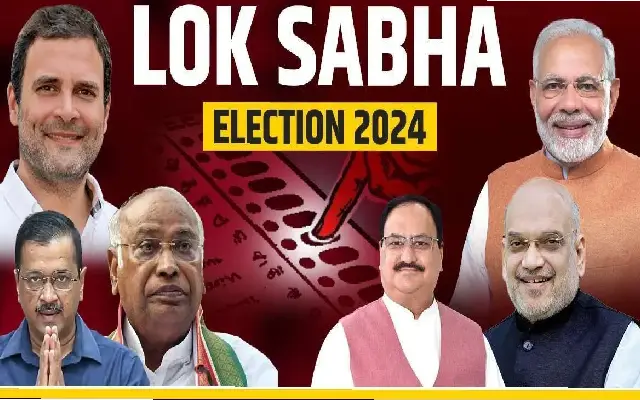The Essar leaks of last week reveal, as the Radia tapes did in 2010, the nexus of business, politics and media. The internal correspondence of the shipping and steel giant, now made public because of a public interest litigation, offers a snapshot of deals and pay-offs that individual companies make to keep politicians, government officials and the media sweet and doing their bidding.
This is not corruption that involves masses of money changing hands, but just small favours (by the standards of company turnovers and future interests) that keep these dubious relationships ticking over. The leaked correspondence speaks of “planting stories” in the media, “encashing” a senior journalist, “planted parliamentary questions” and, also the widely reported holiday on a yacht for the Gadkaris.

Two of the journalists named in the leaks for having received favours in return for reporting stories that favour Essar have resigned. The resignation letter of Anupama Airy, the Hindustan Time’s Energy Editor, which is now public, and the reactions of some of her colleagues shine a light on the absence, even ignorance, in our media of basic concepts of ethical journalism.
Doing her duty
Airy, in her letter, says she feels let down by her bosses and lists favours she had asked for on behalf of her newspaper and individual colleagues. Her grievance against her editors is not that she felt under pressure to extract favours on their behalf. In fact, she considered that part of her job. “I considered it my duty to do things for my organisation and my bosses,” she wrote. Her grievance is that despite doing her “duty”, her editors penalised her, following the Essar leak, for taking a favour herself.
In her letter, Airy admits, among other things, to assisting with corporate sponsorships for events organised by her newspaper. This is fairly the norm in media houses, most of which hold televised corporate-sponsored “summits” of the good and the great in politics and business. The details of these sponsorships and who pays for what and how are internal matters of these media companies. It is unlikely that journalists in these firms will out the system anytime soon.
The unselfconscious admission of Airy’s boss Arnab Mitra, the National Business Editor of the Hindustan Times, reinforces the notion that journalists at the highest levels are ignorant of basic ethical premises of professional journalism. Responding to questions about Airy’s charge that she had sought favours from corporations on his behalf, Mitra told Scroll.in: “It is true that I had asked her to sound out some companies (I had not specified Essar or Reliance) to see if my book could be bought for corporate gifting. However, the editor-in-chief of HT refused permission for the same as there was a conflict of interest between my role as National Business Editor and the author of the book. So, I told her not to proceed with the matter.”
Corporate gifts
The obvious conflict of interest of a national business editor of one of the country’s largest selling newspapers leaning on corporations to buy his book as a “corporate gift” seems to have escaped his attention. The little arrangement he said was “refused permission” by his boss the Editor-in-Chief, who pointed to “the conflict of interest between [my] role as National Business Editor and the author of the book.”
The old established media companies are overflowing with journalists who hold similar beliefs. Airy’s letter and his response are just the rare pieces of evidence of a media culture where journalists promote the interests of big business and their political friends in return for petty favours. This is true not just for private sector corporations, but also for large public sector corporations. In essence, Essar was paying just for taxis in return for media space. But long before this, Air India’s companion fares and free upgrades ensured that journalists, officials and politicians colluded to keep the lid shut on what was effectively the destruction of the national carrier.
The business model that keeps India’s major media corporations – national and regional – in the red promotes this version of journalism. It’s the business model that will have to be challenged, and that will not happen until newspaper readers and TV audiences continue to consume this media, even when they don’t trust it.
















